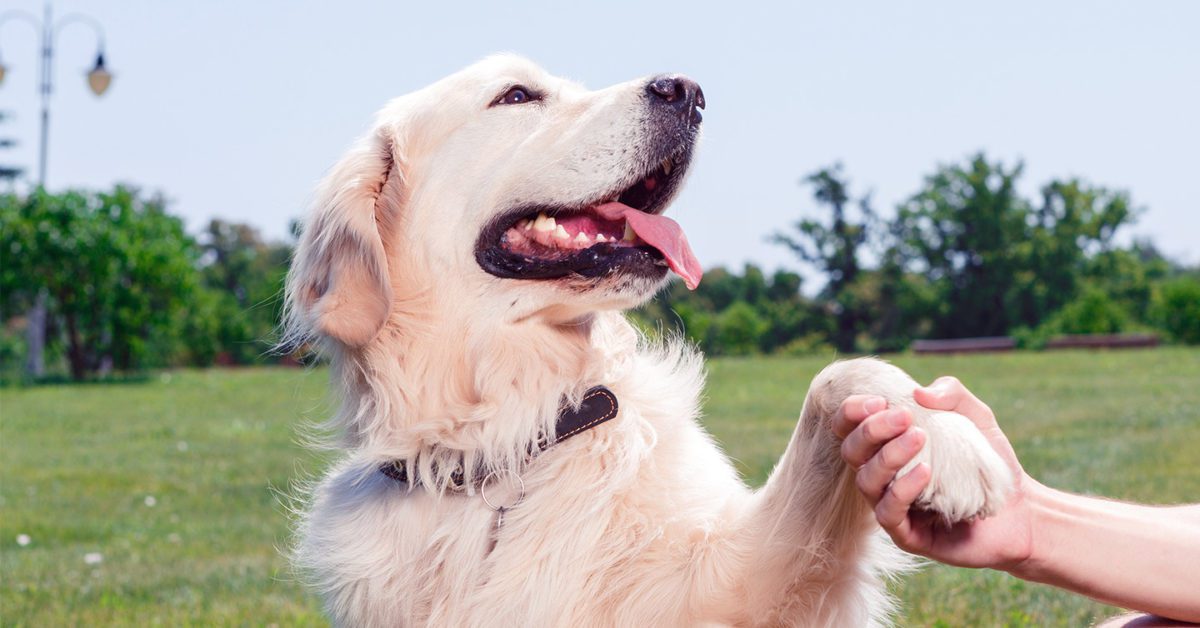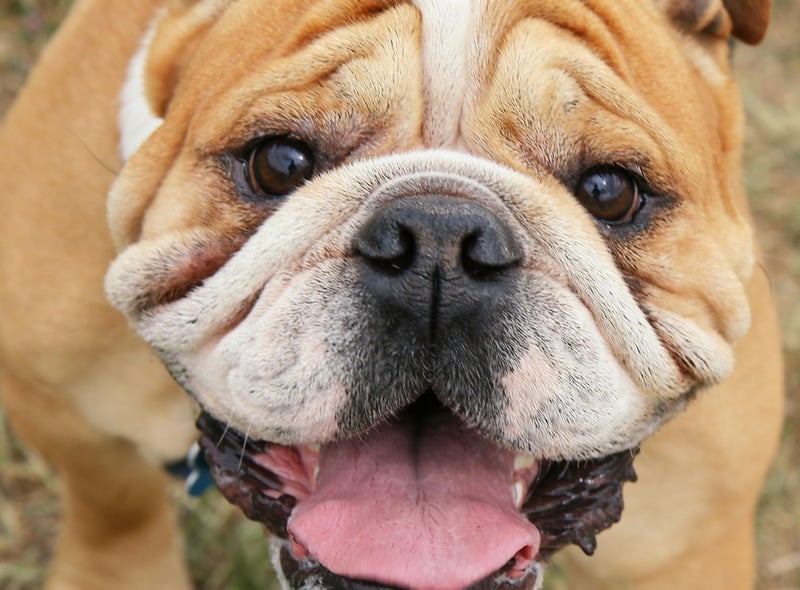
Basenji, a hunting dog, was developed from stock from central Africa. The Federation Cynologique Internationale has placed this breed in the Spitz category. It is also well-known for its distinctive, yodellike sound. It is essential to understand the origins of Basenji and its characteristics before you consider purchasing one.
Basenji's heritage
Basenji is an independent, intelligent hound breed. This breed is very active and will run and sniff its owner. Basenjis can be found in red, white, or tri-colored coats. These dogs are sometimes called "mischievous" dogs.
While some Basenjis bark, others do not. Basenjis have a tendency to be quieter than some other breeds. They have a great watchdog instinct. While they don't bark much, this breed can make other noises such as meowing and whining. Basenjis are great for older children.
Basenji-like dogs, similar to Basenji, were discovered in cave paintings dating back to 6,000 years in Libya. They are also found with Pygmy tribes in the Congo Basin and South Sudan. Basenjis are also featured on Egyptian relics from 3000 BC. These relics feature dogs with curled tails or pricked ears. Some are even sporting hunting bells.
Characteristics

Basenjis are known for their independence. While this is a positive trait, it also means that the dog can be quite unsocial at times. Basenjis have a high intelligence level and are more difficult to train than other breeds. They have high energy levels and may get bored easily if they're not kept busy. This breed has been around for a long time and can be found on ancient artifacts from Egypt and Babylon.
The Basenji, despite their independence and insularity, is a loving and loyal companion. Their intelligence and intelligence are attractive to many people. Basenjis are the only breed that will let themselves lick their own skin, which is a rare trait among other breeds. But unlike other dogs, the Basenji will not lick your clothes or sit on your lap. Because of this, they are ideal for owners who want a clean home.
Care
Basenjis are generally healthy, but they can have a number of health problems. Basenjis can be susceptible to hypothyroidism. This is when their thyroid hormone levels drop too low. Dry skin, increased susceptibility and difficulty in recognizing skin diseases, and dilapidations are some of the symptoms. It can also lead the dog to be more fearful, anxious, and overweight. Veterinarians will examine the dog's behavior and check for hypothyroidism. In the event of hypothyroidism, replacement hormones will be prescribed.
Basenji's annual vet bill could range from $500 to $1500. Therefore, it's important that you plan accordingly. A pet insurance plan can help owners deal with unexpected costs. Basenjis have many options when it comes to pet insurance. Compare plans to help you choose the best policy for your needs.
Training
Training a basenji is a difficult task. Basenjis are known for their high energy levels and need to be trained. However, obedience can take time. Basenjis should learn to obey their owners. They will obey commands when given. These are some tips that will help you train your dog. Use positive reinforcement and pay attention to your dog. Reward your dog whenever it follows a command.

Basenjis can be sensitive dogs so positive training is essential. These methods often involve using clickers, lures, and positive reinforcement to teach your dog a new trick. You should avoid using force to train your dog. Force can lead to aggressive behavior.
Exercise
Being active is a great way of bonding with your Basenji. There are several ways you can get your dog going. It is possible to walk your Basenji, or even go on a jog together. Dress appropriately so your dog doesn't overheat. You might also consider walking your dog around a local pond. This is a great exercise option for Basenji, and it doesn't involve the risk of him wandering away.
It is best to schedule two 30-minute sessions each day for your Basenji. You can do this by running, walking, or in a supervised area. Basenjis need to be physically and mentally active. You might also want to consider dog sports that involve lots of running.
FAQ
Consider these things when you are considering getting a pet.
The first thing to consider is what kind of lifestyle you want for yourself and your family. Are you married? Do you have children? How old are they now? Are there any special dietary requirements?
Are you allergic to anything? Are there any other things you should know about your pet's health?
Once you've answered these questions, think about whether you're looking for an active companion, a quiet lap dog, a house-trained cat, or perhaps a fish tank full of tropical fish.
You should visit a shelter to meet the dogs and get to know them before you consider adopting them.
You will also need to confirm that the animal has been immunized against rabies or other diseases.
The owner should also be asked if the animal will be taken care of while you're away. This will ensure that you don't have to worry about leaving the pet alone.
Keep in mind that pets are part and parcel of your family.
What should I do?
It all depends on who you really are. Some people like kittens while others prefer puppies.
But, in general, puppies tend to be more active and playful. Kittens sleep a lot, and they are very gentle.
Both types of animals require lots of attention from their owners. They will be able to grow quickly and require lots of care.
You will need to take them to the vet for regular checkups. Also, they will require regular medical checkups so you'll have to spend time taking them to see the vet.
Which is the best pet you have?
The best pet is the pet you love. There is no one right answer. Every person has his own opinion about which pet is the best.
Some people believe that cats are better than dogs. Others argue that dogs are more loyal to their owners and more affectionate. Some argue that birds are the best pet.
No matter which type of pet you decide on, you have to choose what type of personality you want.
If you're friendly and outgoing then a dog is right for you. A cat or dog would be the best for you, if you are shy and reserved.
Also, think about the size of your house and apartment. If your apartment is small, you'll need to have a smaller pet. A larger house, on the other hand will require you to have more space.
Don't forget to give your pet lots of love and attention. Pets need to be fed frequently. They should be taken on walks. You should also brush and clean them.
If you know all these things, you'll be able to pick the best pet for yourself.
Statistics
- In fact, according to ASPCA, first-year expenses can sum up to nearly $2,000. (petplay.com)
- It's among a relatively few companies that provide policies with a full (100%) coverage option, meaning you are not responsible for any co-payment of bills. (money.com)
- A 5% affiliation discount may apply to individuals who belong to select military, law enforcement, and service animal training organizations that have a relationship with Nationwide. (usnews.com)
- It is estimated that the average cost per year of owning a cat or dog is about $1,000. (sspca.org)
- For example, if your policy has a 90% reimbursement rate and you've already met your deductible, your insurer would pay you 90% of the amount you paid the vet, as long as you're still below the coverage limits of your policy. (usnews.com)
External Links
How To
How to choose a name for your pet.
When you are considering adopting a pet into your family, it is one the most crucial decisions you will make. You want your pet's name to reflect their personality.
You need to think about how others may refer to you. Finally, think about how you'd like to be referred. Are you more comfortable calling yourself "dog" or your "pet"?
Here are some tips and tricks to help you get going.
-
Choose a name that is appropriate for your dog's breed. Look up the names of the breeds if you know the breed (e.g. Labradoodle). Ask someone with a good knowledge of dogs to suggest a name.
-
Be aware of the meaning behind the name. Some breeds are named after people and places while others are simply nicknames. Because he was always running, the name Rover was given to a Labrador Retriever.
-
How would you like to be called? Do you prefer to be called "dog?" or "pet?" Would you call your dog "Puppy" or "Buddy"?
-
Include the first name of the owner. It is a smart idea to give your dog a name that includes both your first and last names. However, it doesn't mean you should limit yourself to just including the names of family members. Your dog might grow up to be a member your family.
-
Be aware that many pets have multiple names. A cat, for instance, could go by different names depending upon where she lives. You might call her "Kitty Cat" home, but she might be "Molly" on the road with her friends. This is especially true if the cat lives outside. They will often adapt their names to match their environment.
-
Be creative There are no set rules. It is important to pick something distinctive and memorable.
-
Be sure to check that your chosen name does not already belong in the hands of another person or organization. This will ensure that you don't accidentally steal another's identity.
-
Finally, remember that choosing a name for your pet isn't an exact science. Sometimes, it can take time to find the right name for your dog. You can keep searching until you find your perfect match.